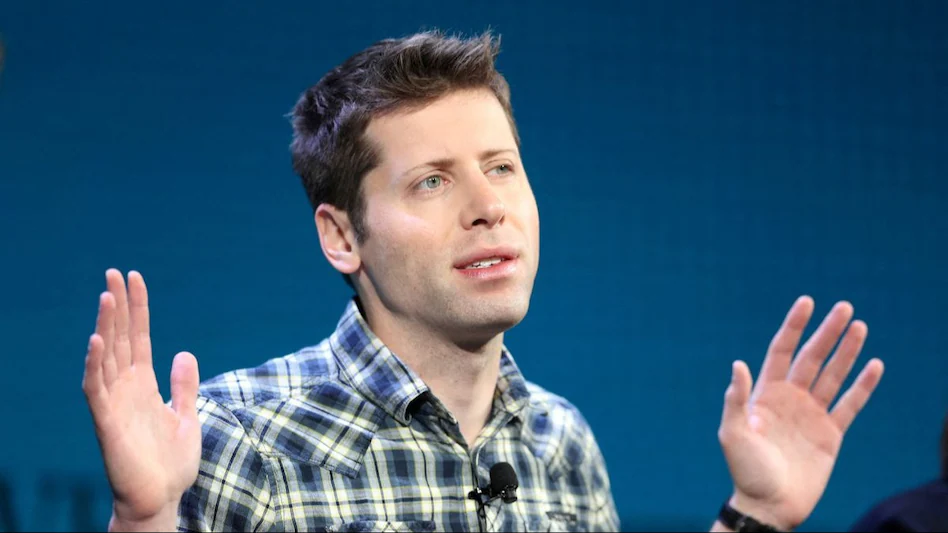In recent dialogues within OpenAI, the organization’s internal dynamics and its CEO Sam Altman’s leadership have come under scrutiny, sparking a back-and-forth exchange between former and current board members. This discourse, characterized by opposing op-eds published in The Economist, underscores the nuanced discussions surrounding AI safety and regulation in the tech industry.
Former board members Helen Toner and Tasha McCauley expressed apprehensions about Altman’s leadership style and OpenAI’s approach to AI safety in their op-ed. They advocated for external regulation in the AI sector, citing concerns about potential risks associated with unchecked development and deployment of advanced AI technologies. Their call for regulatory oversight reflects broader conversations within the AI community about the ethical and societal implications of AI advancements.
In response to Toner and McCauley’s criticisms, current board members Bret Taylor and Larry Summers penned a rebuttal, defending Altman’s leadership and OpenAI’s commitment to safety and security. They highlighted the establishment of a new safety committee within OpenAI as evidence of the organization’s proactive efforts to address AI-related risks. Additionally, they emphasized Altman’s consistent advocacy for regulation as a key aspect of OpenAI’s approach to responsible AI development.
The exchange of op-eds between former and current board members underscores the ongoing debate within OpenAI regarding leadership decisions and safety practices. These discussions reflect broader tensions within the AI community about the balance between innovation and regulation in the pursuit of AI advancement.
Taylor and Summers’ defense of Altman against the allegations raised by Toner and McCauley is grounded in a thorough review process conducted by the board. They reference an external review conducted by law firm WilmerHale, which concluded that Altman’s removal from the board was unrelated to concerns about product safety or security. This review process highlights OpenAI’s commitment to transparency and accountability in its governance practices.
However, Toner’s interview raises questions about Altman’s leadership style, citing instances where he allegedly misled the board and withheld information. These allegations underscore the complexity of leadership dynamics within organizations grappling with the ethical and technical challenges of AI development.
Regarding specific incidents mentioned in Toner’s interview, Taylor and Summers provide context to clarify the circumstances surrounding the release of ChatGPT in November 2022. They emphasize that ChatGPT was launched as a research project to explore the utility of AI models in conversational settings, building upon existing technology. This clarification highlights the importance of context in understanding the motivations and implications of AI-related initiatives.
OpenAI’s support for the effective regulation of artificial general intelligence (AGI) reflects a recognition of the need for responsible governance in AI development. Altman’s advocacy for regulation since 2015 underscores the organization’s commitment to ethical AI practices. However, concerns about potential regulatory overreach highlight the complex trade-offs involved in balancing innovation and regulation in the AI sector.
Altman’s proposal for an international regulating agency and the concept of a “regulatory sandbox” demonstrate a pragmatic approach to navigating the regulatory landscape. These proposals emphasize the importance of collaboration between industry stakeholders and policymakers in shaping responsible AI governance frameworks.
Recent departures of prominent figures from OpenAI, including Jan Leike, Ilya Sutskever, and Gretchen Krueger, have raised questions about the organization’s internal dynamics and its approach to AI safety. The dissolution of the superalignment team and the formation of a new safety committee reflect ongoing efforts within OpenAI to enhance its AI safety practices and governance structures.
In conclusion, the exchange of op-eds and the broader discussions within OpenAI highlight the complexities of AI safety and governance in the tech industry. These conversations underscore the importance of transparency, accountability, and collaboration in shaping responsible AI development practices.
In recent discussions within OpenAI, former and current board members have engaged in a back-and-forth regarding CEO Sam Altman and the company’s approach to AI safety.
Former board members Helen Toner and Tasha McCauley penned an op-ed in The Economist, expressing concerns about Altman’s leadership and advocating for external regulation in the AI industry.
In response, current board members Bret Taylor and Larry Summers issued a rebuttal, emphasizing OpenAI’s commitment to safety and security under Altman’s leadership.
They highlighted OpenAI’s establishment of a new safety committee and Altman’s consistent advocacy for regulation as evidence of the company’s proactive stance.
If you like the article please follow on THE UBJ.
